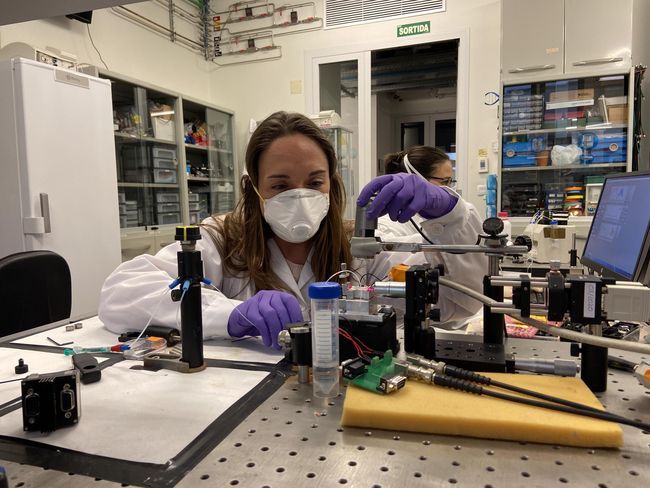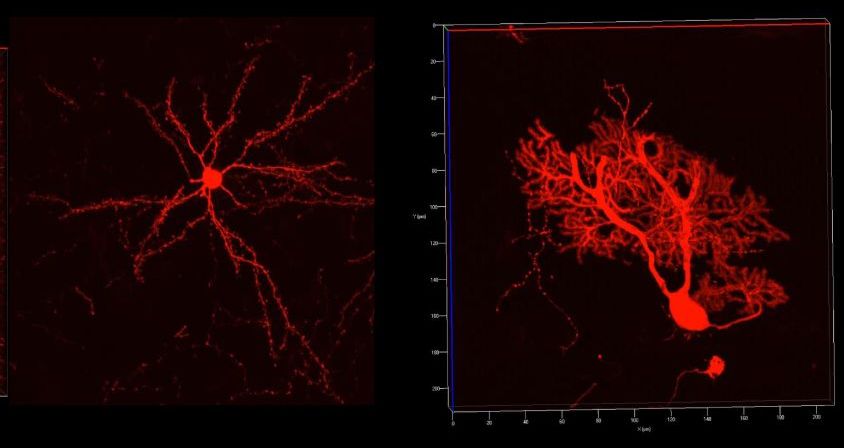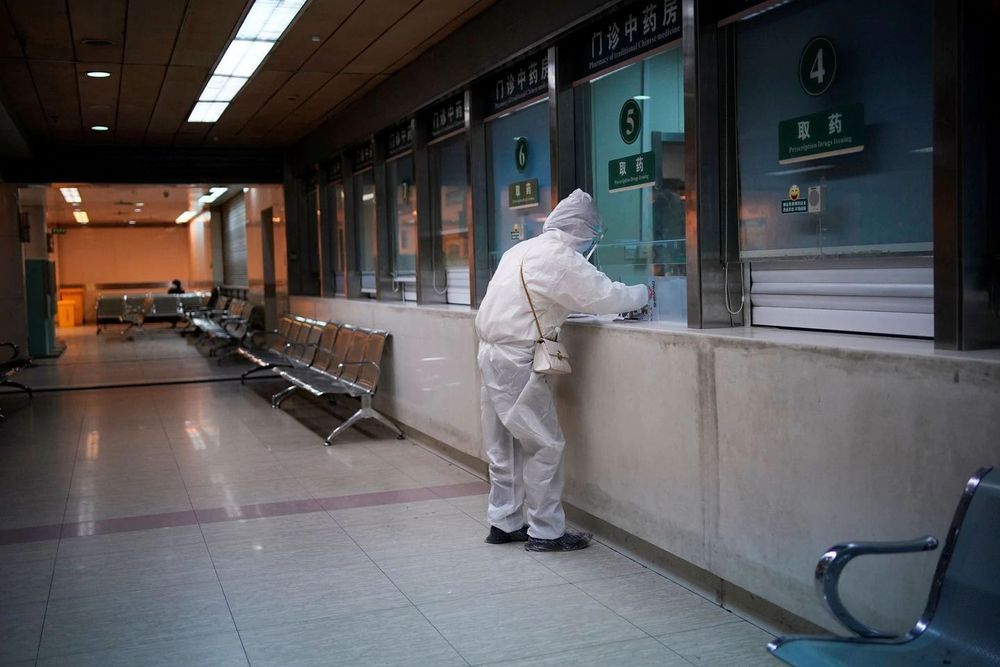By itself, your PC is not anywhere near as powerful as a supercomputer. Don’t worry, neither is mine, or anyone else’s I know. But while none of use have the computing resources to single-handedly unlock the secrets of a virus, there is strength in numbers. As such, the collective efforts of PC users far and wide have propelled the Folding@home project to crunch data at a pace that is 15 times faster than IBM’s Summit, the top supercomputer in the world.
The developers of Folding@home have been posting periodic updates on Twitter, and according to the latest one, the distributed computing project is currently cranking out around 2.4 exaFLOPs of computational power.
With our collective power, we are now at ~2.4 exaFLOPS (faster than the top 500 supercomputers combined)! We complement supercomputers like IBM Summit, which runs short calculations using 1000s of GPUs at once, by spreading longer calculations around the world in smaller chunks! pic.twitter.com/fdUaXOcdFJ April 13, 2020






